Search
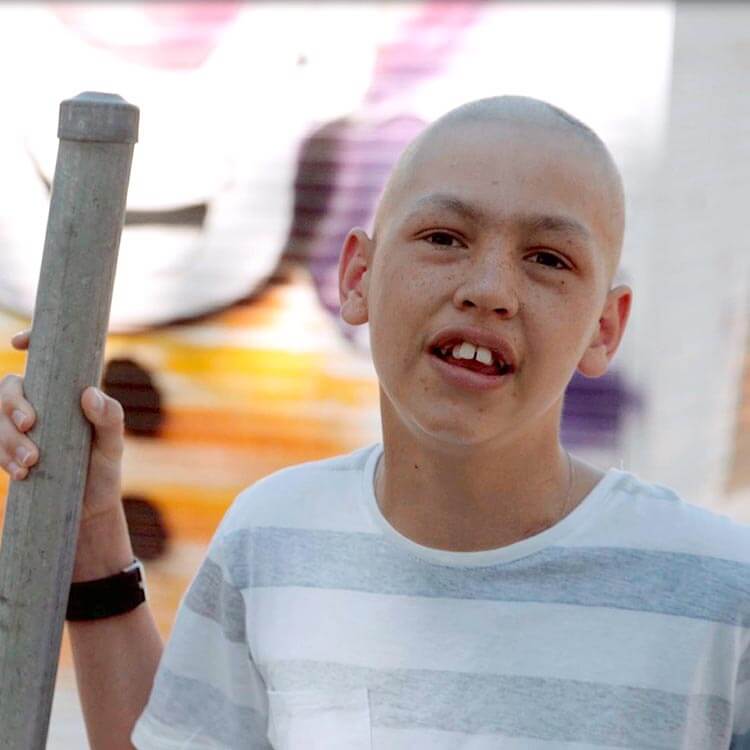
News & Events
'Natural killers' potential new cancer weaponThe Cancer Immunology team at The Kids is investigating how the body's 'natural killer' cells can be harnessed to fight cancer – whilst also protecting kids from nasty chemotherapy side effects.
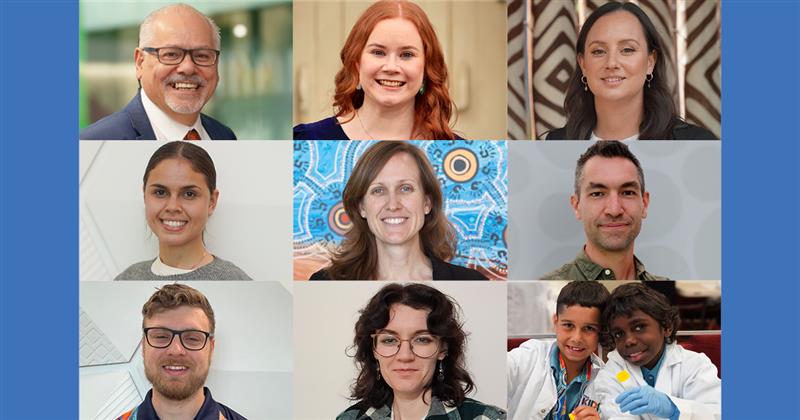
News & Events
Announcing our 2025 Premier’s Science Awards finalistsEight outstanding researchers from The Kids Research Institute Australia and the Institute-led Broome STEM Festival are finalists in the 2025 Premier’s Science Awards.

News & Events
Multi-million-dollar investment in child health to support vital researchFour The Kids Research Institute Australia researchers have received prestigious fellowships and four significant cohort studies led or co-led by The Kids have received key grants under two new funding programs supported by the State Government’s Future Health Research and Innovation (FHRI) Fund.

News & Events
Biobank funding supports valuable research resourcesFour The Kids Research Institute Australia-based biobanks which underpin a range of cancer, respiratory and early life research have received more than $450,000 in funding.

The WA Kids Cancer Centre brings together clinicians and researchers working together to defeat childhood cancer.
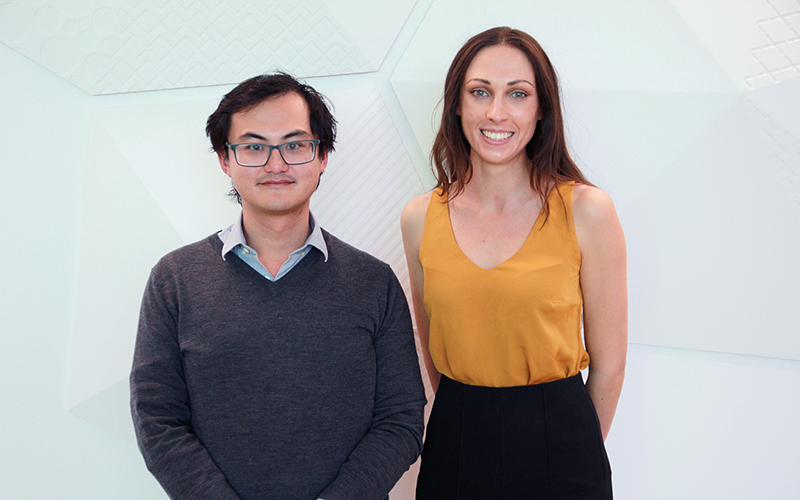
News & Events
Why timing matters: How tumours respond to immunotherapy treatments over timeResearchers have identified key differences between cancers that respond to immunotherapy and those that do not.

News & Events
WA children with most aggressive cancers to benefit from Australian-first personalised medicine clinical trialPersonalised medicine for childhood cancers in West Australia is a step closer thanks to the Zero Childhood Cancer program’s state clinical trial launched today
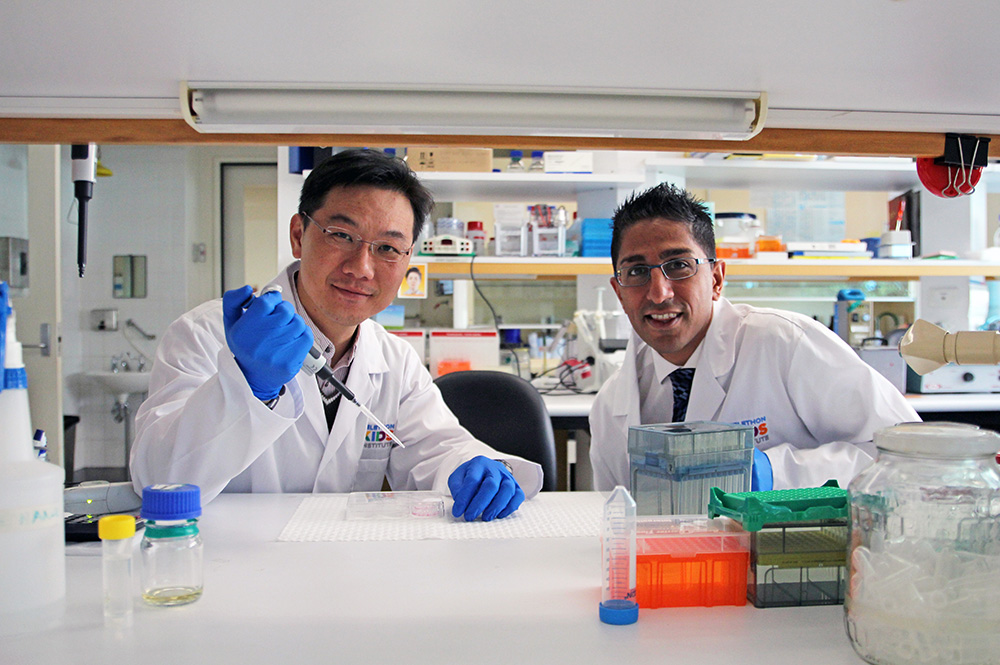
News & Events
Bone density treatment found to slow the progression of leukaemiaThe Kids Research Institute Australia researchers may have unlocked a vital key to reducing the progression of leukaemia in children, potentially prompting a change in thinking around the best way to target treatment.
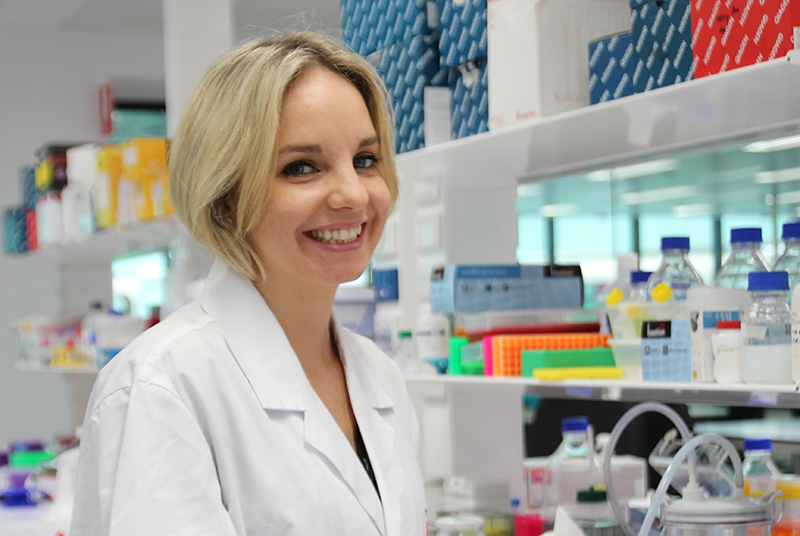
News & Events
Funding partnership to uncover new brain cancer treatments for kidsThe Robert Connor Dawes Foundation has joined forces with the Ethan Davies Fellowship to co-fund a The Kids Research Institute Australia initiative aimed at uncovering new treatments for aggressive childhood brain tumours.
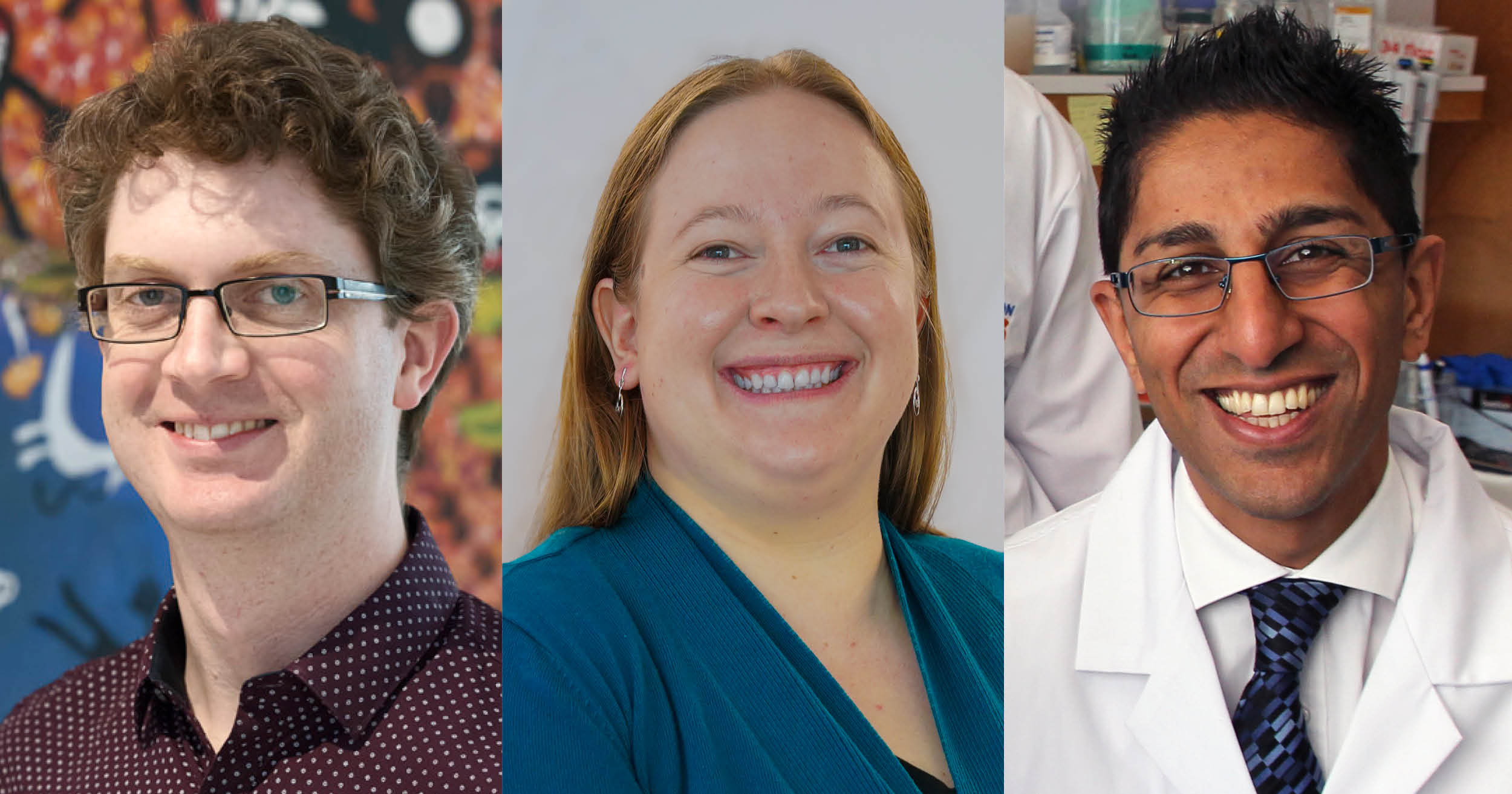
News & Events
Researchers receive crucial near miss fundingCongratulations to three outstanding The Kids Research Institute Australia researchers who have received second chance WA health funding designed to support researchers who have narrowly missed out on highly competitive national funding.
